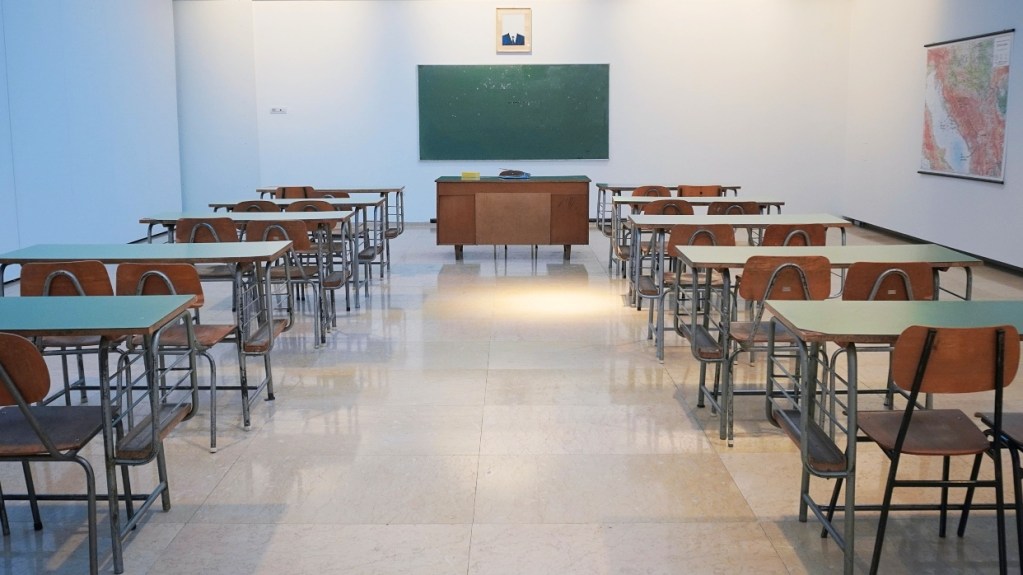Being out of school not only leads to learning loss but mental distress, exposure to violence and abuse, missed school-based meals and reduced development of social skills.
This is according to the United Nations Children’s Fund (Unicef) South Africa representative, Christine Muhigana, who said countries like South Africa need to “reimagine education”.
Muhigana called on all stakeholders in the education sector, globally and locally, to help give learners access to devices, data and skills necessary to navigate online resources.
She said without these many children will be left behind amid the coronavirus pandemic that forced schools in the country to shut down.
The impact of disrupted education since the Covid-19 outbreak in South Africa has been devastating, with learners between 75% and a full school year behind where they should be, according to latest statistics.
Difficulties included rotational attendance, sporadic school closures and days off for specific grades, have resulted in school children losing 54% of learning time.
According to the National Income Dynamics Study — Coronavirus Rapid Mobile Survey (NIDS-CRAM) some 400,000 to 500,000 learners have reportedly also dropped out of school altogether over the past 16 months.
READ: School dropout rate increased drastically during lockdown
Muhigana said this is most likely for children living in informal urban and rural settings, with household poverty also playing a critical role.
She said the total number of out of school children is now up to 750,000.
“The reality is that South Africa cannot afford to lose another learner or another hour of learning time,” said Muhigana.
“It is urgent that we get every child back into the classroom, safely, now,” she said.
Muhigana said the education system cannot afford any further shocks, such as the recent unrest which resulted in more than 140 schools being vandalized in KwaZulu-Natal and Gauteng.
This comes on the back of the more than 2,000 schools that were looted and damaged during the hard Covid-19 lockdown last year, she said.
READ: 130 schools damaged by KZN Shutdown riots
Muhigana said in the longer-term, the skills needed to transition into working lives will be affected.
She said evidence also shows that when children are out of school, women are twice as likely to take on childcare responsibilities, affecting their ability to work or search for work,” she said
“Remote learning has been a lifeline for some children but for the most vulnerable in South Africa, even this was out of reach,” said Muhigana.
“We need to ensure that we prioritize vulnerable girls and boys in all our efforts to keep children in classrooms,” added Muhigana.
Adding that the twin burden of Covid-19 and recent disruptions equally affects teachers, supporting and improving their well-being should be a priority.
Muhigana said the basic education sector must take advantage of emerging technologies to accelerate education service delivery will help regain the ground lost.
She said following the Covid-19 outbreak, education had to be quick and adopt to rotational classes, as well as access to online, radio and TV educational resources.
“We are glad that the Department of Basic Education (DBE) is hosting the first ever ‘Teacher Wellness Seminar’ and that Unicef is committed to provide its full support to the education sector,” she added.
According to the DBE website, the national department, in collaboration with teacher unions, international and multilateral partners as well as the Education Labour Relations Council will host the first ever teacher appreciation and support seminar on Friday.
This is part of the basic education sector’s response to the impact of Covid-19 on schooling.
Minister of Basic Education Angie Motshekga will address the Virtual Teacher Appreciation and Support Programme Conversation with key stakeholders.
Muhingana said Unicef will be lending its support to the Department of Basic Education and partners in the ongoing efforts to promote community dialogues that engage parents, caregivers, and community leaders in school life, as well as to increase their ownership over local schools, which in-turn can help ensure their protection.










